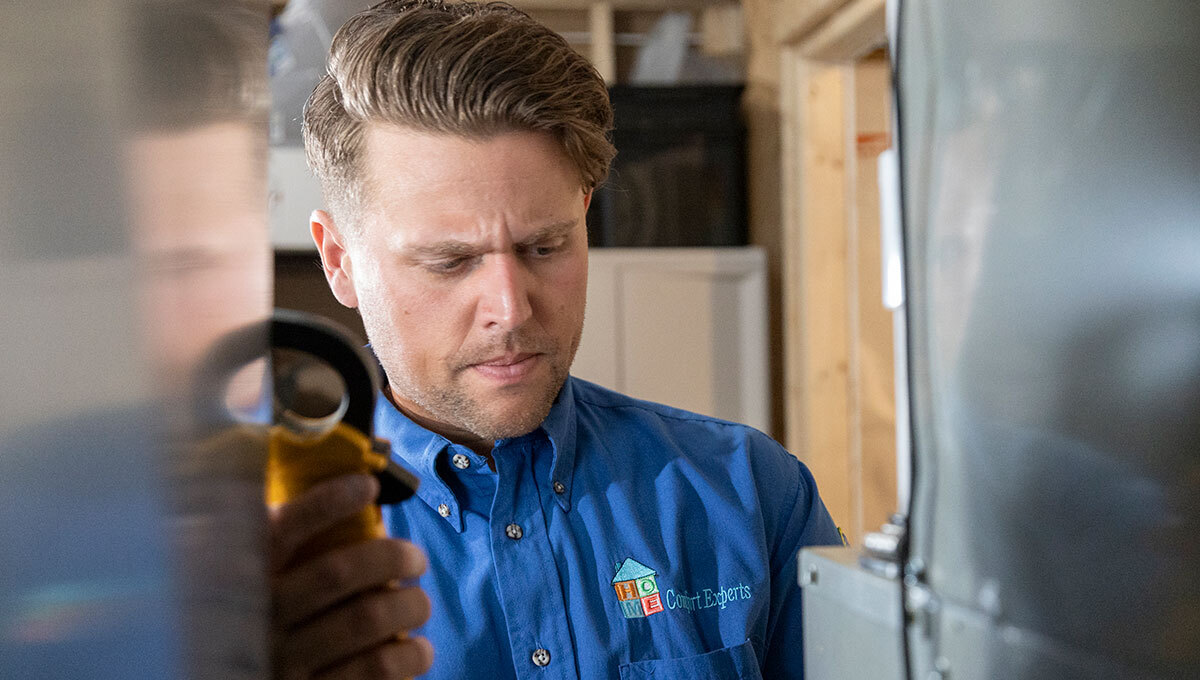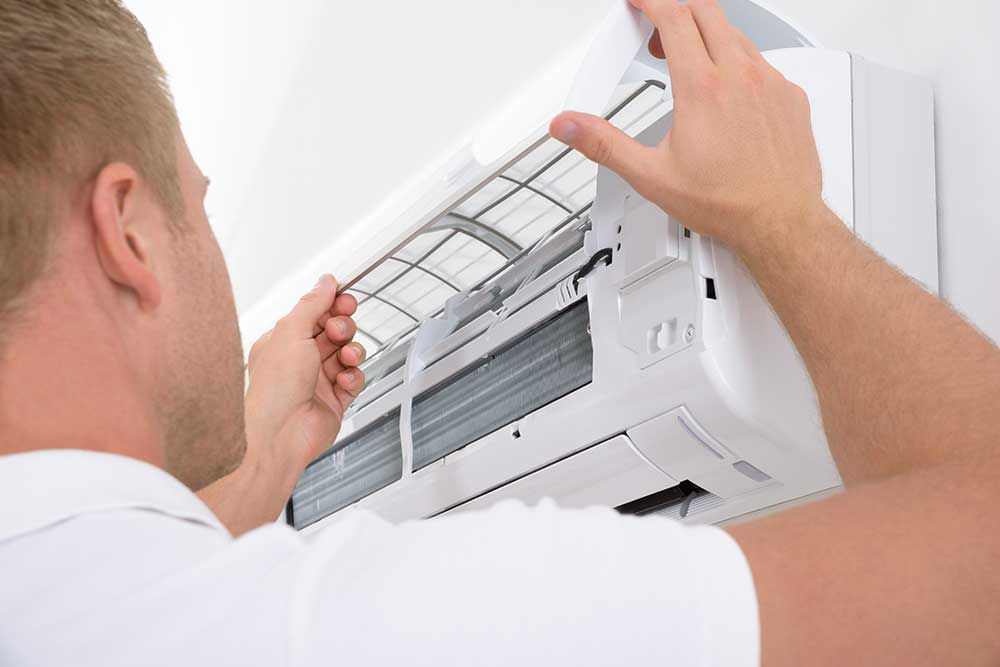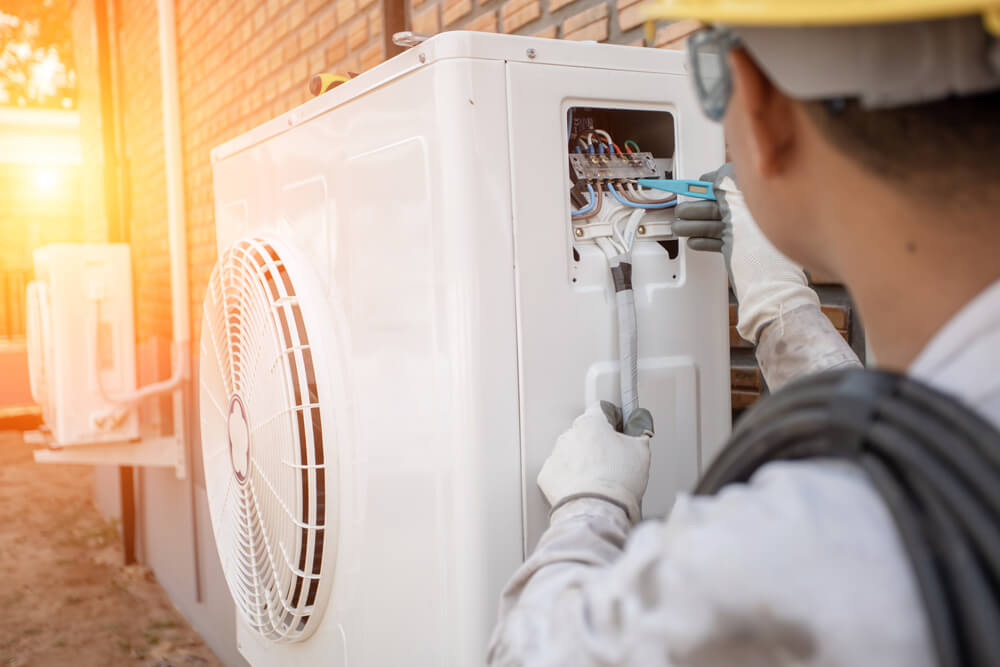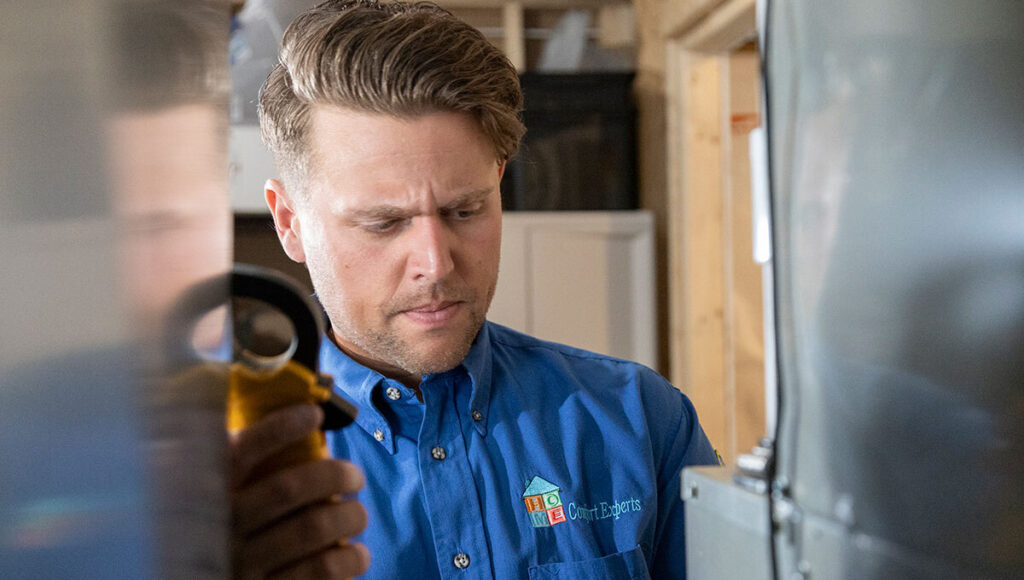Blog
Guide to Buying a New Furnace

Whether it’s been over 12 years since you installed your current furnace or it’s been damaged beyond repair, it’s time to start looking for a replacement furnace. Finding the right unit can be difficult. What size, style, or efficiency rating is best for your home?
Rely on this guide to buying a new furnace to know all the factors you need to consider as you look for a new unit.
Don’t Buy a Furnace on Impulse
While buying new things for your home can be fun and exciting, purchasing a new furnace shouldn’t be done impulsively. Yes, it can be tempting to buy the first system that fits within your expectations, but don’t act in haste.
A new furnace needs to go beyond keeping your home and family warm. It needs to operate safely, last a number of years, and keep your energy bills moderate. Every house is unique, so finding the right furnace will take some time.
Additionally, it’s worth mentioning that you may be tempted to purchase a new furnace because it’s marked at a low price. Just because it’s a good deal doesn’t mean it will always work best in your home. It’s important to consider various options that greatly impact how your heating system works during the winter months.
How to Choose a New Furnace
Prior to shopping, you should research the many furnace models out there. Doing so can give you a clear picture of what unit you should get while also comparing prices.
Along with that, here are some additional tips for buying a furnace that you should consider:
Your Area’s Climate
Considering your local climate is a crucial factor when investing in a new furnace. Different regions experience varying temperature ranges and weather conditions, influencing the heating requirements for homes.
In colder climates, a high-efficiency furnace with robust heating capabilities may be necessary to combat harsh winter conditions. Milder climates, however, may allow for more flexibility in furnace selection.
Understanding the climate in your area enables you to choose a furnace that aligns with the specific heating demands, maximizing efficiency and ensuring year-round comfort. Working with HVAC experts who are familiar with the local climate can provide valuable insights into the ideal furnace type for optimal performance and energy efficiency.
Energy Source
When considering a new furnace, the choice between gas and electric energy sources plays a pivotal role. Gas furnaces operate by heating cold air through gas burners, distributing warm air via ductwork. This option proves cost-effective if your home is equipped with gas lines.
On the other hand, electric furnaces utilize heating elements to generate warmth, running on electricity. While lacking the cost advantages of gas furnaces, electric alternatives can be suitable depending on your home’s energy infrastructure.
Assessing the availability of gas lines and your budgetary considerations will guide you in making the right decision, ensuring optimal efficiency and cost-effectiveness for your heating needs.
Size of Unit
The size of your furnace is a critical factor influencing its performance and efficiency. A furnace too small for your home may struggle to heat larger spaces adequately. However, an oversized furnace can lead to inefficiency and increased operational costs.
Collaborating with a seasoned HVAC contractor is key to determining the optimal furnace size for your home. Through a comprehensive analysis of your heating requirements, an expert can recommend the appropriate furnace capacity, ensuring efficient heat distribution and optimal performance.
Taking this step not only enhances comfort but also contributes to energy savings, aligning the furnace size with your specific heating needs.
Efficiency Rating
Understanding the Annual Fuel Utilization Efficiency (AFUE) is essential when you want to buy a new furnace. AFUE measures the efficiency of the furnace in converting gas to heat, expressed as a percentage.
Standard units typically boast an 80 percent efficiency rating, while high-efficiency furnaces can achieve ratings of 90 to 97 percent. Opting for a furnace with higher AFUE translates to enhanced energy efficiency and cost savings over time.
It’s advisable to strike a balance between initial costs and long-term savings by choosing a furnace with an efficiency rating that aligns with your heating requirements. Careful consideration of efficiency ensures not only optimal performance but also a more environmentally conscious and economical heating solution for your home.
What Is the Cost of a New Furnace?
Depending on the style and size of the unit, a new furnace can cost between $3,000 and $7,000. Gas furnaces tend to be the most expensive type of furnace, but they are some of the most efficient heating systems. You should also have your new furnace installed by professional technicians to ensure safety.
The cost of labor can range anywhere from $400 to $1,000, as most HVAC contractors charge around $100 an hour, and the furnace installation process can last a minimum of four hours.






